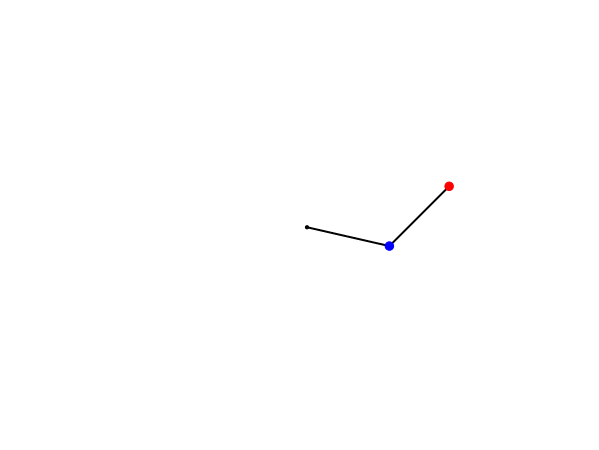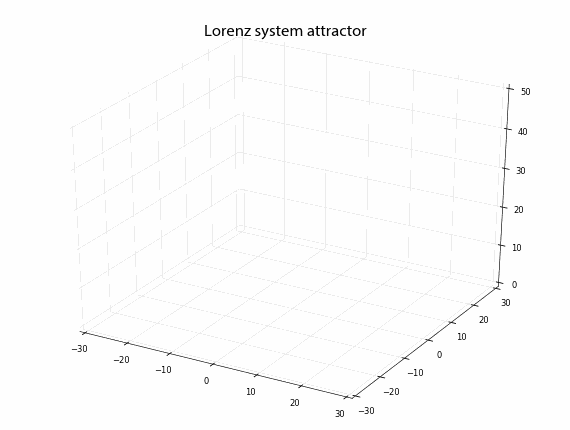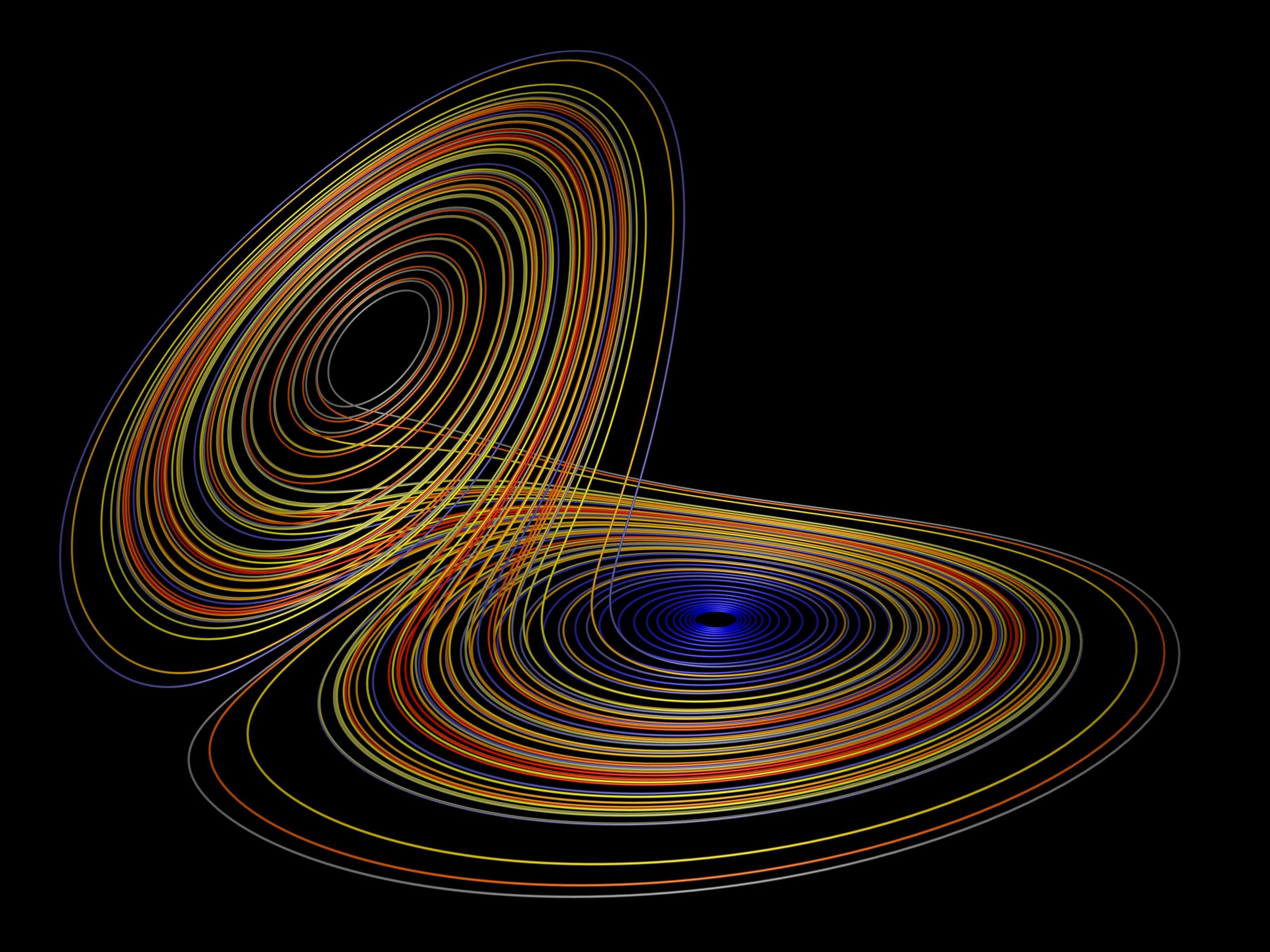I can see that the sky is blue, the leaves are green, and a car passes by the window. But, would it have been the same if the things were only slightly different yesterday, say, there was just one extra gust of wind in the night? Is it possible that this would change things drastically?. The sky would’ve no longer be blue but dark reddish-brown indicating the color of war. Instead of car soldiers carrying guns would’ve passed the window, all due to just one extra gust of wind.
But we know that this is not the case, this is a lot crazier than it seems. But, is it so? Is it really crazy? Or is it true that just a small gust of window from yesterday could change the present so drastically that it no longer looks like the present? But this can’t be crazy, is it?
Let’s have a live example. Last year things were going on smoothly. But one day we got the news of a global pandemic, and the world has never been the same again, and we no longer know what will happen by the end of this year.
Sorry for such a long introduction – I just got carried away because the topic we are going to deal with is a very interesting one. Today, we’ll be dealing with “chaos theory”.
Many years ago, Newton gave his view of the world which was deterministic. He gave some simple equations, solving them and specifying the initial conditions would allow us to predict exactly what will happen tomorrow or even after 10 years. But that is not the case.
Let’s see where the problem is. The physics, or even science in general, that we study is based on perturbation theory. In this theory, we assume the simplest possible solution of any case and add the necessary terms to it to make it most approximate to the real solution.
But things are a lot more complicated than it seems. This doesn’t mean that the world is completely indeterministic, but the science we study is completely vague and there is a limit to the approximations we work on.
Let’s have an example. Suppose we have a differential equation that can be used to determine the weather. We just need some initial values which we plug into the equation to solve it. Suppose that the initial value we want to take is the air pressure and the temperature of a certain region.
Now assume that when you are measuring the air pressure, a butterfly flies past through, and the measured value has an error of 10-8. The error doesn’t seem so much to us. Such a small error shouldn’t be able to bring a tornado in Japan.
But what happens is, due to such a small error in the measurement, we get a very huge change in the result of weather even 7 days ahead. Such sensitive are the results of the non-linear differential equations to the initial conditions.
These equations are so sensitive that even the smallest changes in the initial conditions can bring drastic changes in the upcoming future predictions. The chaos theory was first brought to light by Henri Poincare. He was the one to put an end to Newton’s deterministic world.
Once, there was an MIT professor and a meteorologist who was trying to determine the weather from a month. He put some initial values into the computer and went for a coffee. But when he came back and saw the result, he was shocked. He put the results into an oscilloscope and saw the following

Instead of a single line, He saw that as time progressed, the line divided into two and then four and then it was all chaotic that we cannot even tell the branch from which a particular line was emerging.
This all happened because he did a mistake in putting in the initial value with an error of 10-3. This effect is known as the “Butterfly effect” and is the heart of chaos theory. This law is known as “law of sensitive dependency” which says that the laws are very much sensitive to initial conditions.
Now let’s take an example of a double pendulum. It behaves something like this.

Now if we take the two of them together, the motion would be so random that even the brightest of minds would not be able to tell what will happen next.
Lorentz created and derived a differential equation to model convective fluid flow and when you graph it, it looks something like this.

This is what we call a “Lorenz Attractor”.
It starts spinning initially, there is nothing unpredictable about this. But as time proceeds, it becomes more and more chaotic. This is the reason we are able to predict the accurate weather only up to 7 days, and precipitation only up to 3 days. How we determine the weather today is to take 18-20 initial conditions and take the average of that.
A Mathematician once stated the chaos of nature using the example of a pool table: “During the familiar game of pool, if a man is to calculate the collision between the balls, the prediction of the first collision is simple enough that any college student can do it.
The prediction of the fifth collision requires such things as the gravitational attraction of the two people standing nearest to the pool, while the prediction of the ninth collision is impossible, as it requires exact knowledge of all the position and momentum of all the particles (electrons, protons, and neutrons) in the Observable Universe.”
What will happen we do not know for sure, but one thing we know for sure is that we no longer live in a deterministic world of Newton. We can most likely tell how the planets would move after 1000 years, but we cannot tell about the wind which will blow after 1hr. Everything is chaotic and predictability is far from our grasp.
Talking about our human lives, is it finishing deterministic differential equation or is it an a chaotic motion going to be chaotic any moment or it is a or is it a divine push from god, it is for you to decide.
Read other articles related to Science only at thehavok.com




[…] The study of randomness using biochemical methods; truly interlinks all three areas of science and in turn Humans to nature. […]
[…] physics. This study can possibly answer the disconnected areas of physics itself, like classical chaos theory, language for which is non-existent in quantum mechanics. […]
You got so carried away man, that I could not go anywhere before completing this article! Nicely written and framed. I would like to suggest a movie called “Mirage” that depicts this topic beautifully.
Maybe next time, you can tell us about ‘How quantum physics challenges our notion of reality!’
Quite interesting and nice ofcourse
Very nice and fine! Keep it up
Made my day.
This article is lob.